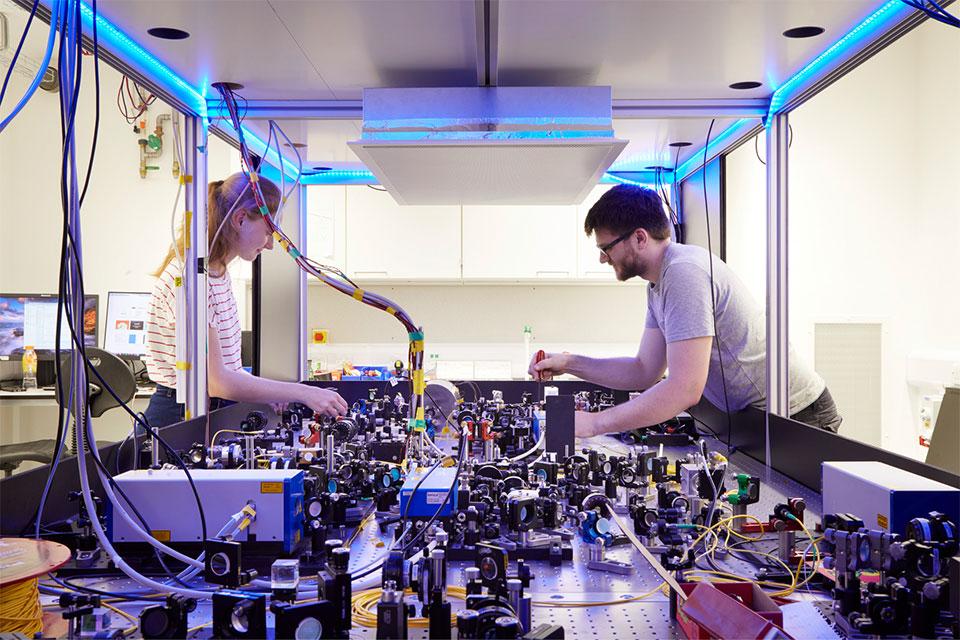Beecroft Building
Abstract
The release–recapture method is extensively used to measure the temperature of ultracold atoms. Namely, the confining potential is switched off for a controlled time and the fraction of recaptured atoms is measured. Varying the release–recapture time allows to make a fit of the data to a theoretical model for the survival probability. Here, we process experimental data from potassium atoms in a tweezer trap with the newly introduced Bayesian framework of global quantum thermometry. We show that choosing the release–recapture time according to an adaptive Bayesian strategy, which maximises the information gain per measurement, substantially reduces the number of measurements needed to converge to an accurate temperature estimate. Furthermore, we show that the adaptive–Bayesian method produces much more reliable estimates, especially when data are scarce and noisy. By considering experimental imperfections in the loading of the tweezer and in the imaging step, we propose a 'plug-and-play' upgrade to any cold-atom experiment relying on release–recapture thermometry.

